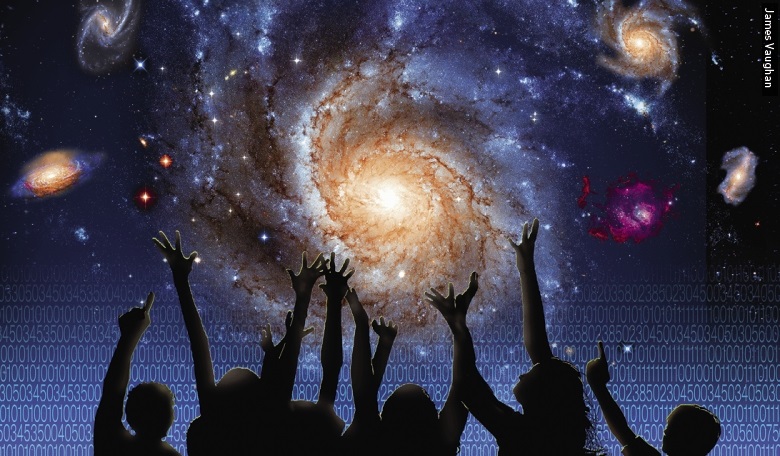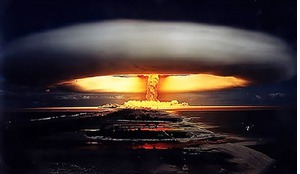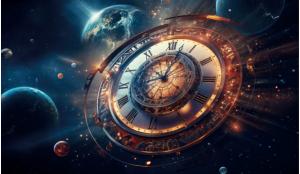The knowledge gained from the astronomical observation of the universe and the physical exploration of the space environment are two sides of the same coin in humankind’s quest to understand ‘outer space’. But in an era when much of this understanding reflects back on our home planet, there is much that the history of space exploration can teach us about our responsibility for the terrestrial environment. Jacques Arnould takes a philosophical look behind the veil of space-time.
Two things fill the mind with ever new and increasing admiration and awe, the more often and steadily we reflect upon them: the starry heavens above me and the moral law within me. I do not seek or conjecture either of them as if they were veiled obscurities or extravagances beyond the horizon of my vision; I see them before me and connect them immediately with the consciousness of my existence.”
This quote from Immanuel Kant is probably more familiar to philosophers and readers of the Critique of Practical Reason than to astronomers who scrutinise the sky and astronauts who venture into it. It deserves, however, to be taken seriously by both sides, as it sums up - as briefly as it does brilliantly - the situation in which we human beings find ourselves at the beginning of the twenty-first century.














